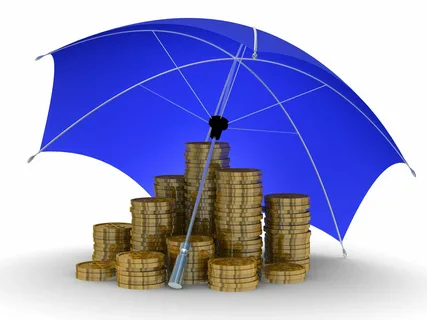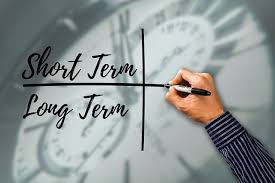In the world of high-paying executive roles, it’s easy to assume that financial security is guaranteed. After all, a six-figure salary and generous perks often create a comfortable lifestyle. But there’s one benefit that many overlook—executive income protection. While health insurance, bonuses, and retirement plans are discussed at length, protecting your income in the event of illness or injury rarely makes it to the boardroom agenda. This oversight can have significant consequences, especially when your income is the cornerstone of your family’s financial wellbeing.
The Illusion of Security
High earners often believe their savings, investments, or company sick pay will carry them through tough times. The reality is that without income protection, those resources can be depleted surprisingly quickly. Mortgage payments, school fees, loan repayments, and daily living expenses continue whether you’re working or not. For executives, whose lifestyles are often built around a substantial monthly income, a sudden loss of earnings can cause a rapid financial strain.
The Fragile Link Between Health and Wealth
Career success often comes with long hours, high stress, and frequent travel—all factors that can increase health risks. While many executives focus on wealth accumulation, fewer consider the fragility of that wealth if they’re unable to work for six months or more. Income protection acts as a safety net, replacing a portion of your salary so you can maintain financial stability while recovering.
Why Executive Income Protection Stands Out
Standard income protection policies may have benefit caps that don’t align with the needs of high earners. Executive income protection is designed specifically for those with substantial salaries, offering higher payout limits, flexible benefit periods, and tailored coverage that matches your lifestyle and obligations. It ensures that, should the unexpected happen, you can continue to meet both personal and professional commitments without dipping into long-term savings or making drastic lifestyle changes.
The Cost of Ignoring It
Imagine this scenario: a senior executive earning £200,000 per year suffers a serious illness and is unable to work for 18 months. Without income protection, they may rely on statutory sick pay—which is nowhere near their normal earnings. Even with some employer sick pay, there’s a sharp cliff where income drops off entirely. By contrast, with executive income protection, they could receive up to 70% of their usual salary, allowing them to focus on recovery instead of financial stress.
An Essential Part of a Financial Strategy
For high earners, protecting your income should be as non-negotiable as having life insurance or a retirement plan. It’s not just about safeguarding your lifestyle—it’s about protecting your family’s stability, your future plans, and the wealth you’ve worked so hard to build.
The Bottom Line
Six-figure salaries may suggest security, but income is only secure if it’s protected. Executive income protection closes a gap that too many professionals overlook until it’s too late. For anyone in a high-paying role, it’s time to view it not as an optional extra, but as a cornerstone of your financial resilience.





Be First to Comment